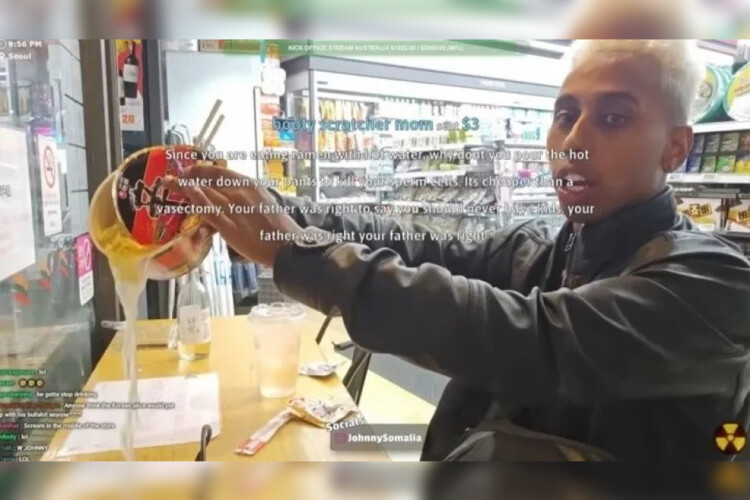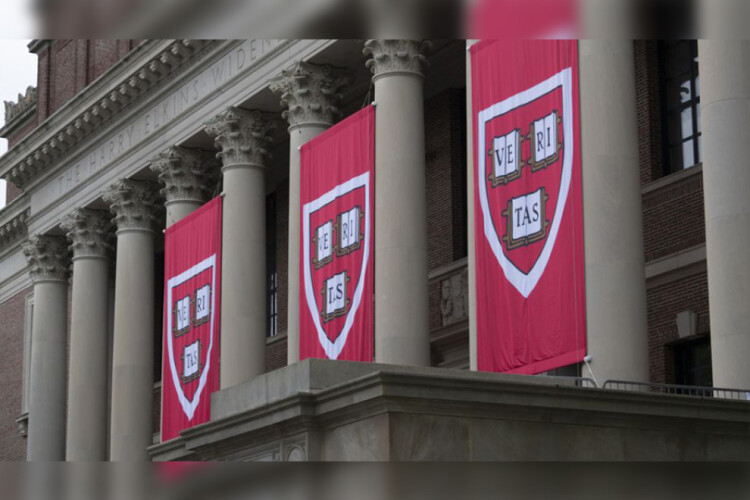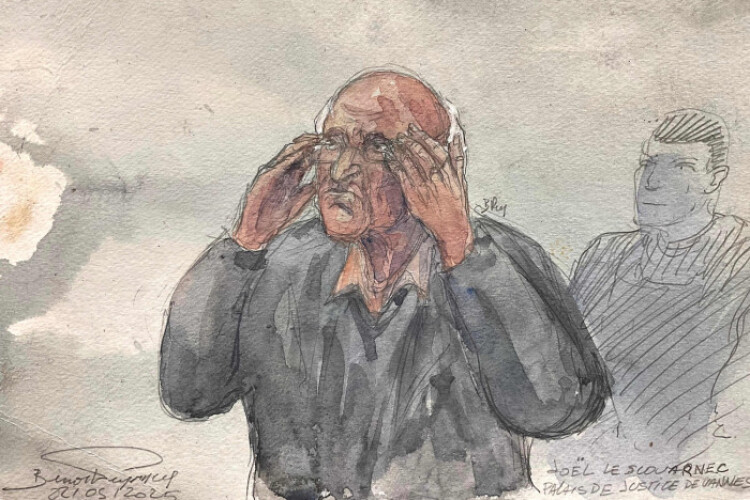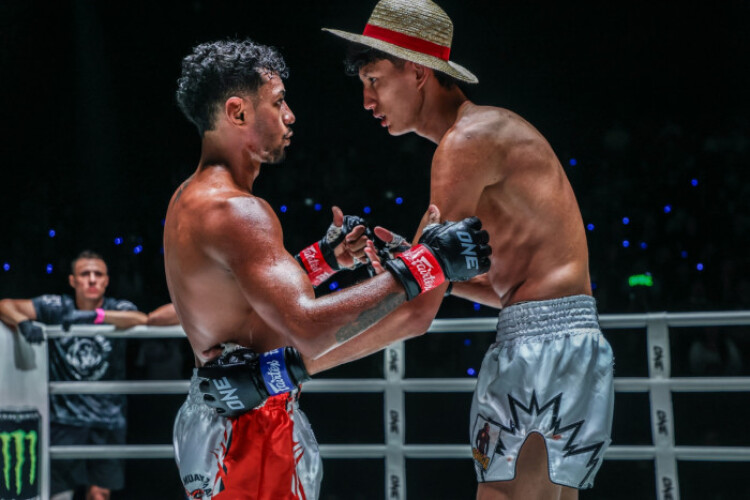
A traveller from Thailand has been given a two-year jail sentence in Hong Kong for smuggling 187 parrot eggs valued at an estimated HK$1.4 million (6 million baht), with an expert saying the seizure is part of a global uptick of such cases involving endangered species.
A Hong Kong court on Friday convicted the Thai man, 30, of illegally importing endangered species as forensic tests showed the eggs to be from endangered species such as the Moluccan cockatoo and yellow-crowned amazon.
The man was prosecuted under the Protection of Endangered Species of Animals and Plants Ordinance. He was intercepted at customs clearance upon arrival at Hong Kong airport.
The Agriculture, Fisheries and Conservation Department said 188 eggs were found in the man's carry-on baggage at the airport on March 1, and all but one were confirmed to be from 13 endangered parrot species listed in Cites appendices. It said the value of the seizure was estimated at HK$1.4 million.
Cites - or the Convention on International Trade in Endangered Species of Wild Fauna and Flora - is a UN treaty with 185 signatories that aims to ensure that the survival of wildlife is not threatened by trade.
"Parrot populations have been decimated by illegal trade, which incentivises poaching in the wild worldwide. With the exception of four species, all parrots have been listed on the Cites appendices. In Hong Kong, their international trade and local possession are regulated under the ordinance," a government spokesman said.
Sam Inglis, a wildlife programme manager at environmental group ADM Capital Foundation, said eggs were smuggled because they were less obvious than live birds, they did not need to be restrained or kept quiet, and many could be transported in one go.
He added that it was "impossible to categorically state" where the eggs were headed, but added that they typically remained in East Asia, in Hong Kong, mainland China and Taiwan, and that smuggling eggs was an emerging trend.
"The fact that they are trafficking live eggs and have rigged up rudimentary means of keeping the eggs thermally regulated suggests that they do want to hatch and grow the birds," he said, referring to cases in general.
"Full-grown birds of several of these species would fetch tens of thousands in Hong Kong dollars. They could breed more. There's tremendous economic incentive."
Parrot's egg trafficking had occurred for a long time, especially out of South America and Africa, but there had been an uptick in seizures recently, he said, which was "good" as it indicated law enforcers were alert to the method and were taking action.
He pointed to a UK case last year that was "probably the most extreme and catastrophic example of how large these operations can get", with British police seizing more than 5,000 eggs following nationwide raids in November. It was the largest seizure of its kind in the country.
"It's also worth noting that egg smugglers could also be trafficking in reptile eggs. Species which could pose a threat to public safety, like crocodiles, monitors, Gilla monsters and venomous snakes, could all potentially be smuggled in as eggs," Inglis said.
He stressed that most people arrested for trafficking were mules who were offered a pittance, while those who commissioned, orchestrated and funded the crime were hardly ever caught.
Inglis said he "strongly commended" all the enforcement and legal agencies that contributed to this case. It was "a very positive shift" to see these types of cases reaching the District Court, more than just ivory, rhino and pangolins.
He said that while the Hong Kong government was already liaising with all the relevant authorities in the affected regions, he would encourage them to find more opportunities to do so and share insights into the modus operandi.
"These incidents are never isolated and the parties apprehended in Hong Kong are buying from networks of suppliers and are either feeding into trade in Hong Kong or nearby," he said. "Following the money is key."
Any person importing, exporting or possessing specimens of endangered species not in accordance with the ordinance commits an offence and will be liable to a maximum fine of HK$10 million and imprisonment for 10 years upon conviction, with the specimens forfeited.
A Hong Kong court on Friday convicted the Thai man, 30, of illegally importing endangered species as forensic tests showed the eggs to be from endangered species such as the Moluccan cockatoo and yellow-crowned amazon.
The man was prosecuted under the Protection of Endangered Species of Animals and Plants Ordinance. He was intercepted at customs clearance upon arrival at Hong Kong airport.
The Agriculture, Fisheries and Conservation Department said 188 eggs were found in the man's carry-on baggage at the airport on March 1, and all but one were confirmed to be from 13 endangered parrot species listed in Cites appendices. It said the value of the seizure was estimated at HK$1.4 million.
Cites - or the Convention on International Trade in Endangered Species of Wild Fauna and Flora - is a UN treaty with 185 signatories that aims to ensure that the survival of wildlife is not threatened by trade.
"Parrot populations have been decimated by illegal trade, which incentivises poaching in the wild worldwide. With the exception of four species, all parrots have been listed on the Cites appendices. In Hong Kong, their international trade and local possession are regulated under the ordinance," a government spokesman said.
Sam Inglis, a wildlife programme manager at environmental group ADM Capital Foundation, said eggs were smuggled because they were less obvious than live birds, they did not need to be restrained or kept quiet, and many could be transported in one go.
He added that it was "impossible to categorically state" where the eggs were headed, but added that they typically remained in East Asia, in Hong Kong, mainland China and Taiwan, and that smuggling eggs was an emerging trend.
"The fact that they are trafficking live eggs and have rigged up rudimentary means of keeping the eggs thermally regulated suggests that they do want to hatch and grow the birds," he said, referring to cases in general.
"Full-grown birds of several of these species would fetch tens of thousands in Hong Kong dollars. They could breed more. There's tremendous economic incentive."
Parrot's egg trafficking had occurred for a long time, especially out of South America and Africa, but there had been an uptick in seizures recently, he said, which was "good" as it indicated law enforcers were alert to the method and were taking action.
He pointed to a UK case last year that was "probably the most extreme and catastrophic example of how large these operations can get", with British police seizing more than 5,000 eggs following nationwide raids in November. It was the largest seizure of its kind in the country.
"It's also worth noting that egg smugglers could also be trafficking in reptile eggs. Species which could pose a threat to public safety, like crocodiles, monitors, Gilla monsters and venomous snakes, could all potentially be smuggled in as eggs," Inglis said.
He stressed that most people arrested for trafficking were mules who were offered a pittance, while those who commissioned, orchestrated and funded the crime were hardly ever caught.
Inglis said he "strongly commended" all the enforcement and legal agencies that contributed to this case. It was "a very positive shift" to see these types of cases reaching the District Court, more than just ivory, rhino and pangolins.
He said that while the Hong Kong government was already liaising with all the relevant authorities in the affected regions, he would encourage them to find more opportunities to do so and share insights into the modus operandi.
"These incidents are never isolated and the parties apprehended in Hong Kong are buying from networks of suppliers and are either feeding into trade in Hong Kong or nearby," he said. "Following the money is key."
Any person importing, exporting or possessing specimens of endangered species not in accordance with the ordinance commits an offence and will be liable to a maximum fine of HK$10 million and imprisonment for 10 years upon conviction, with the specimens forfeited.










